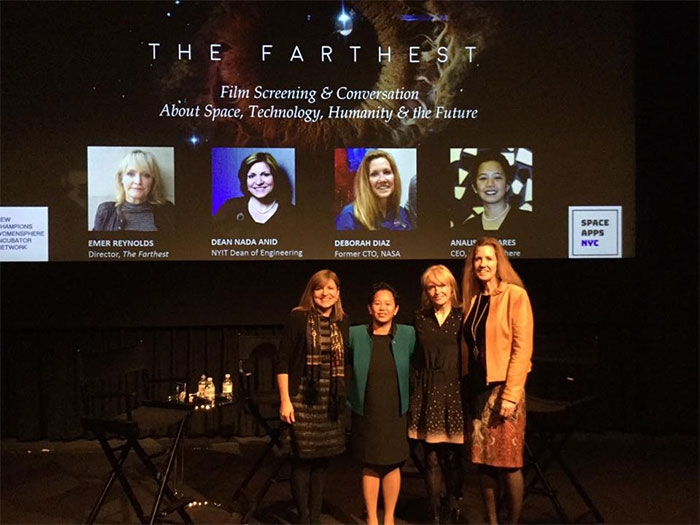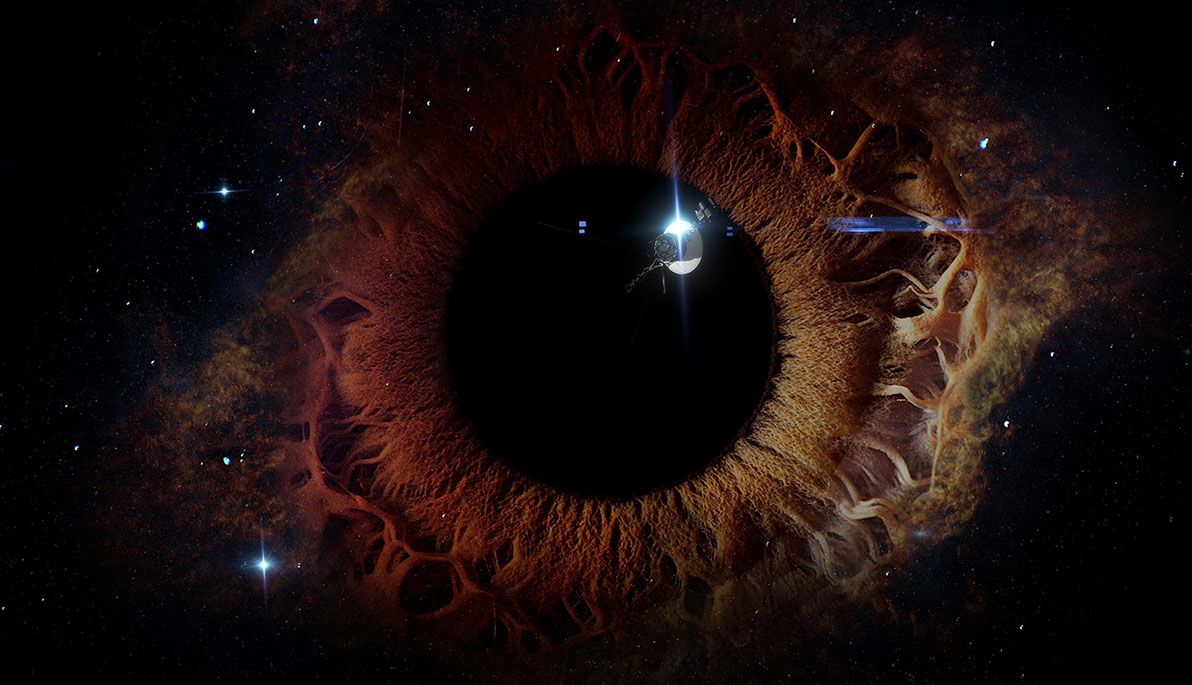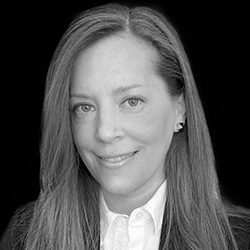News
This Screening and Hackathon Are Out of This World
May 4, 2017
In the run-up to NASA’s 2017 Space Apps Challenge, held in New York City on April 29–30, NYIT School of Engineering and Computing Sciences and Womensphere (a global organization dedicated to accelerating women’s advancement in leadership, innovation, and entrepreneurship) hosted a private screening of The Farthest. The documentary showcases the men and women who built Voyager, the first human-made object to journey into space. This was the first screening of the documentary after its premier at the TriBeCa film festival held April 19–30.
The screening, held at NYIT Auditorium on Broadway, was followed by a conversation with award-winning filmmaker Emer Reynolds, director of The Farthest; Nada Anid, Ph.D., dean of the School of Engineering and Computing Sciences; Deborah Diaz, former chief technology officer of NASA and founder of NASA Space Apps Challenge and Analisa Balares, chief executive officer and chief innovation officer of Womensphere and New Champions Womensphere Incubator Network.
NASA’s Space Apps Challenge is an international hackathon that takes place over 48 hours in cities around the world. This year’s event focused on five categories that presented participants with challenges that people face on Earth and space. A group of NYIT students participated in the two-day event that included 160 countries.
Anid sat down with The Box to talk about the documentary and the Space Apps Challenge.

Photo (from left): Dean Nada Anid, Ph.D., Analisa Balares, Emer Reynolds, and Deborah Diaz at the screening of The Farthest at NYIT Auditorium on Broadway.
How did NYIT School of Engineering and Computing Sciences become involved in the hackathon and the screening?
The conversation began in November 2016. Womensphere had invited me to be a panelist at their summit in New York City on “Accelerating Impact & Advancing Women’s Leadership in the World,” where I spoke about my recent book The Internet of Women: Accelerating Culture Change.
Why is The Farthest impactful?
The movie recounts the passion of the men and women who built Voyager, which by now has left our galaxy and is traveling in interstellar space, carrying with it the sounds of the Voyager Golden Record [phonograph records that contain sounds and images of life on Earth]. It celebrates American curiosity and ingenuity and American science and engineering, and makes us wonder about our own humanity and our existence as specks of dust in an immense universe. It also carries in its cinematography and music a sense of longing for eternity.
Reynolds shared that the reason behind making this movie was her fascination of space from a very young age. I think that awe and fascination is also felt by the audience, along with an added dimension of depth and metaphysical reflection.
Why are events like the Space Apps Challenge important?
The hackathon was created by Deborah Diaz, and it is important because it creates awareness in youth around the globe about space exploration. One hundred sixty nations participated in the hackathon.
Hackathons in general create excitement and are becoming more and more popular in colleges because they present a challenge that has to be solved in a short time—24 or 48 hours. We are hosting one on Cybersecurity on May 5 at our New York City and Long Island campuses and another one in Abu Dhabi in July.
Any other highlights?
Reynolds and I discussed the possibility of partnering together on producing shorter, grade-appropriate video segments for STEM outreach targeted towards K–12 school children, which will tickle their imagination and plant in them the thrill of science and exploration.
This interview has been edited and condensed.





